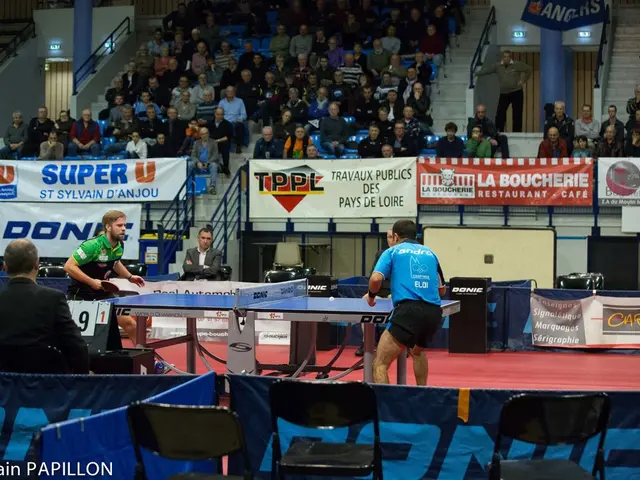Deepening financial troubles in the solar energy sector vividly demonstrated by the bankruptcies of Sunnova and Mosaic.
The U.S. residential solar market is currently experiencing a period of turbulence, with several key players facing financial difficulties and a decline in installations. According to reports, the House of Representatives' reconciliation bill could potentially terminate the 30% tax credit available to households installing solar panels, batteries, inverters, and associated solar equipment by the end of 2025. This proposed change could mean U.S. households install 40% less solar over the next five years compared to current policy, according to research firm Wood Mackenzie. The residential solar industry has been grappling with six consecutive quarters of year-over-year decline in installations. Last year's sales in the residential solar sector reportedly hit a low not seen since 2021. The struggles are not limited to large companies like Sunrun and Tesla, but also affect regional and local businesses. One of the notable casualties is Sunnova, a residential solar provider, which filed for Chapter 11 bankruptcy protection on Sunday. Sunnova, which manages 3 gigawatts of solar and battery systems, stated it intends to continue operating its business in the ordinary course throughout the sale process. The company has taken on large amounts of corporate debt over the past 18 months, which has left it exposed to a cash crunch during these challenging times. Solar Mosaic, another solar lender, also filed for Chapter 11 bankruptcy protection on Friday. Solar Mosaic has funded $15 billion in loans to more than 500,000 households. The downturn in the residential solar market can be attributed to a combination of factors. Rising interest rates, unfavorable policy shifts in California, and proposed tax credit removal by Republicans in Congress are some of the threats U.S. residential solar companies are currently facing. However, it's important to note that no prominent U.S. politicians have publicly proposed abolishing tax credits for home solar installations in the past month. Despite these challenges, the residential solar sector in the U.S. remains significant, standing at more than 50 gigawatts of generation capacity as of 2024. This represents a majority of the roughly 5 million rooftop solar systems installed to date. As the industry navigates these difficult times, it will be interesting to see how the policy landscape evolves and how companies adapt to the changing environment.
Read also:
- Shaping India's Economic Progression: Readying the Financial System for Tomorrow
- Two farmers in Zambia take legal action against two firms with Chinese connections, alleging an ecological disaster caused by their operations.
- Deepening EU-India relations despite apprehensions regarding Moscow connections
- Ongoing Transition Towards Cleanliness







